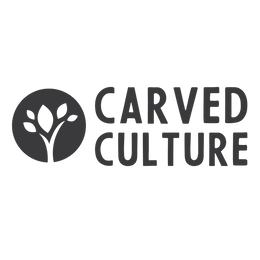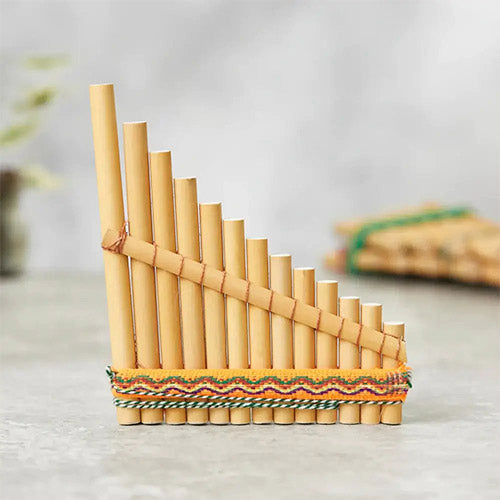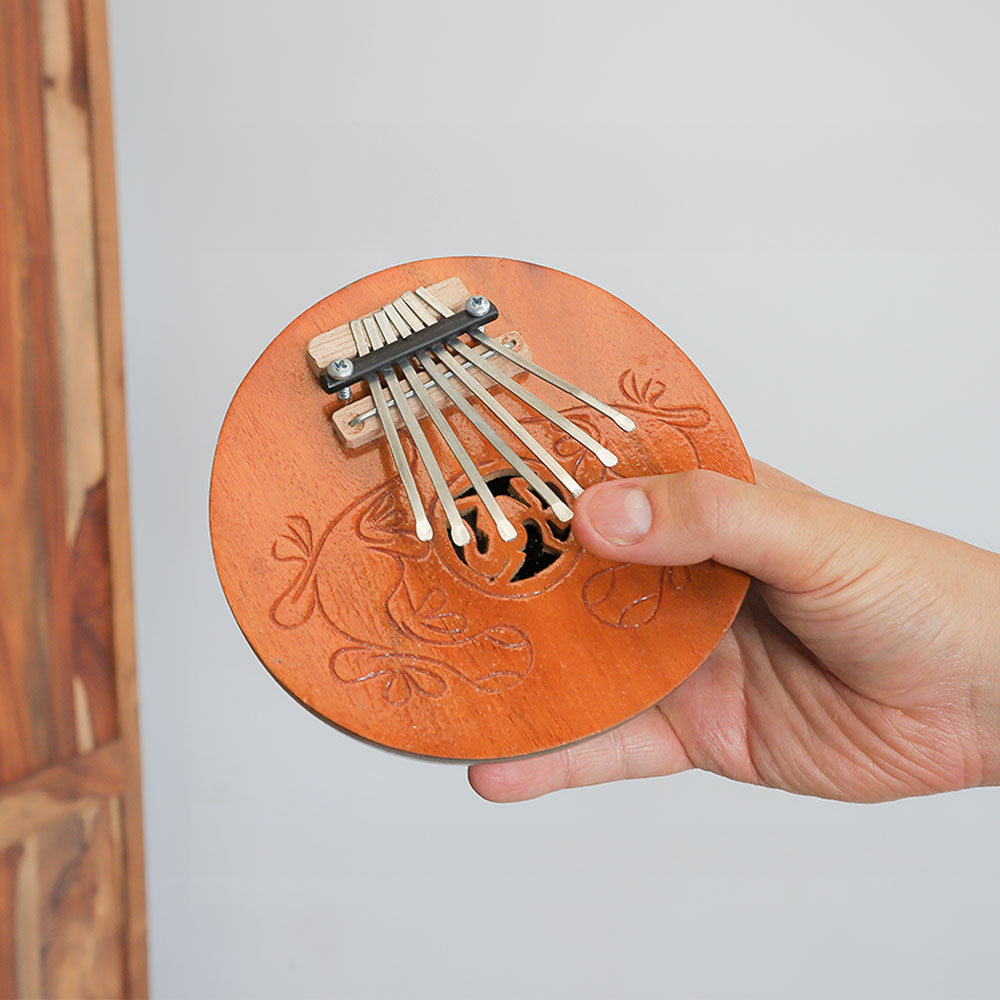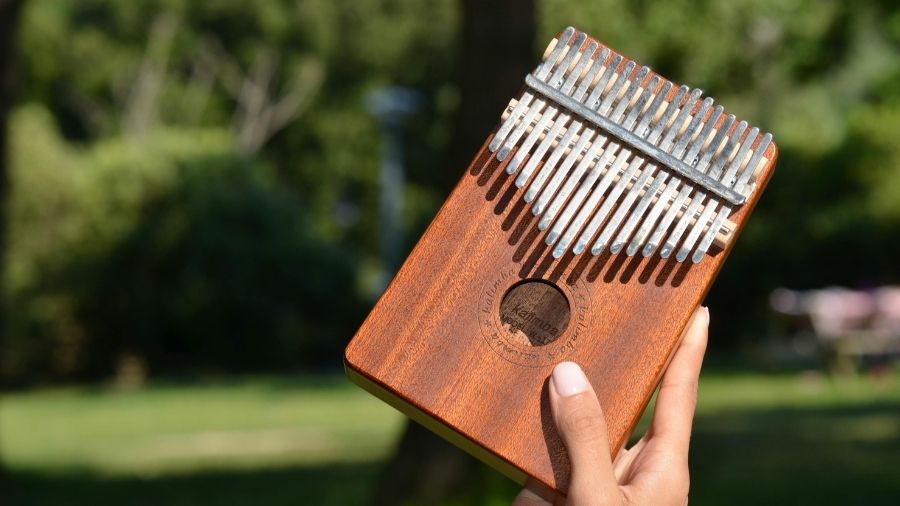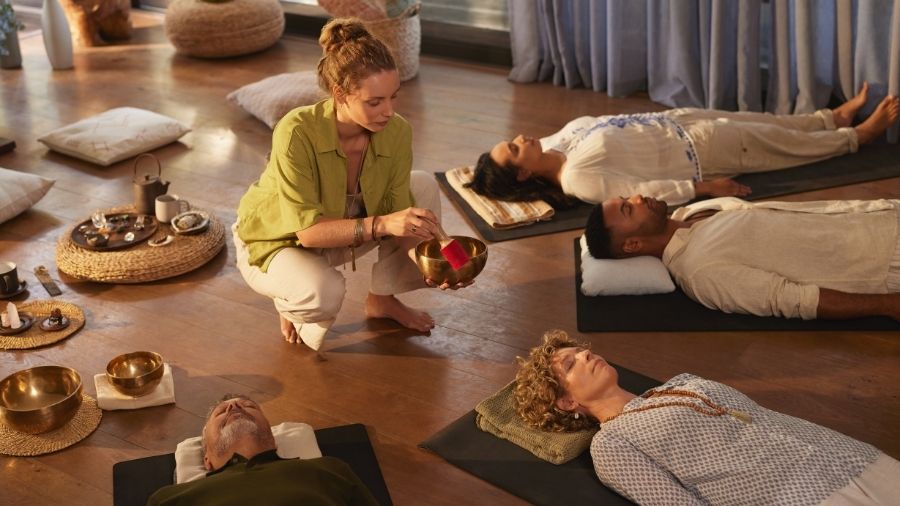If you’re just starting out on the piano, the fastest way to build confidence is by playing simple, familiar songs at home. Easy piano pieces allow you to focus on note reading, rhythm, and hand coordination without feeling overwhelmed, and familiar melodies make it easier to hear mistakes and correct them naturally.
Choose music with clear note patterns and limited hand movement, practise in short, regular sessions, and set small, realistic goals so progress feels achievable. Creating a quiet practice space, starting with the basics of hand position and notation, and being patient with yourself all help turn practice into a positive routine. By learning one manageable song at a time and celebrating small wins, steady progress on the piano becomes both realistic and enjoyable.
1. Twinkle Twinkle Little Star (Nursery Rhyme)
Twinkle Twinkle Little Star is one of the best songs for absolute beginners because the melody is slow, repetitive, and instantly familiar. The notes move in small steps with very little hand movement, making it ideal for learning basic note reading and rhythm. Because most learners already know how the song should sound, it’s easy to hear mistakes and correct them as you play.
2. Mary Had a Little Lamb (Nursery Rhyme)
This is often one of the first songs taught on the piano, and for good reason. Mary Had a Little Lamb uses a simple, step-by-step melody that helps beginners understand how notes move up and down the keyboard. It’s excellent for developing finger coordination and confidence without overwhelming new players.
3. Hot Cross Buns (Nursery Rhyme)
Hot Cross Buns is extremely beginner-friendly because it uses just a few notes repeated in a predictable pattern. This makes it perfect for practising timing, rhythm, and finger placement while keeping frustration low. It’s a great confidence booster for players who are just getting comfortable with the keys.
4. Ode to Joy – Ludwig van Beethoven (Classical)
Ode to Joy is one of the easiest classical piano pieces for beginners to learn. The melody is simple, slow, and built around repeated note patterns, making it approachable even for new players. It’s also very rewarding to play, giving beginners an early sense of achievement with a well-known classical tune.
5. Brahms’ Lullaby (Classical)
Brahms’ Lullaby is a gentle and expressive piece that works well for beginner pianists. The melody is smooth and predictable, allowing players to focus on playing evenly and musically rather than struggling with fast movements. It’s ideal for practising control, dynamics, and relaxed playing.
Learning piano is often easiest when you focus on one easy song at a time. If you’d like to start with just one or two songs from this list, they’re available as individual beginner piano sheet music downloads you can play straight away.
6. Minuet in G – Johann Sebastian Bach (Classical)
In a simplified arrangement, Minuet in G becomes a great introduction to classical piano music. The structure is clear, the rhythm is steady, and the melody feels logical under the fingers. This piece helps beginners start developing musical phrasing while still staying within a comfortable technical level.
7. You Are My Sunshine (Folk)
You Are My Sunshine is a popular folk song that beginners often find easy and enjoyable to play. The melody is straightforward and repetitive, making it ideal for practising rhythm and timing. Because the song is so familiar, beginners can focus more on playing confidently rather than figuring out how the tune goes.
8. Amazing Grace (Traditional)
Amazing Grace is a slow, expressive melody that works beautifully for beginner pianists. The song’s simple structure and steady pace make it easy to follow, while its familiarity helps learners play with confidence. It’s also a great piece for practising smooth transitions between notes.
9. Row Row Row Your Boat (Traditional)
This traditional song is excellent for beginners because it uses short phrases that repeat throughout the piece. Row Row Row Your Boat helps players practise consistency and timing without complex hand movement. It’s also a fun song to return to as confidence improves.
10. Happy Birthday (Traditional)
Happy Birthday is a practical and motivating song for beginner pianists to learn. While slightly more challenging than nursery rhymes, it remains very accessible and helps players practise changing notes smoothly. Being able to play this song gives beginners a real-world sense of achievement and usefulness at the piano.
Want a Complete Beginner Piano Library?
If you enjoy learning through simple, familiar songs, The Piano Sheet Songbook brings everything together in one place. It includes 96 beginner-friendly piano songs, giving you months of practice material without needing to buy multiple sheets. Available as a digital download, it works on any device, can be printed if needed, and won’t get damaged or lost. It’s a simple, flexible way to practise consistently and make real progress at the piano.
